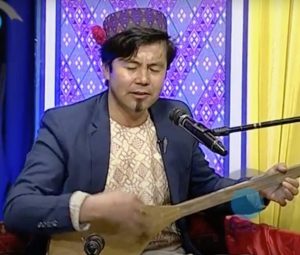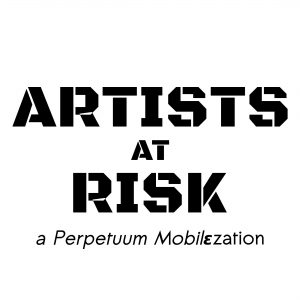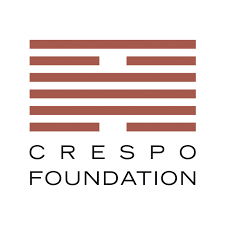
Zia Forogh
Zia Forogh (1984) is a singer, musician, visual artist, gallery owner, art teacher and activist from Afghanistan. He is currently an Artists at Risk (AR)-Resident at Moosdorf Korrektiv e.V. in Berlin, Germany.
Forogh graduated with a bachelor’s degree in painting from the University of Herat’s Fine Art Department in 2010. Along with his wife, he established the Daira-e-Khiyal Gallery in 2014, which showcased Afghan art and provided a space for young people to learn and practise art, including music and calligraphy. In the meantime, Forogh also received a Master’s degree in Visual and Performing Arts from Kabul University (2020). From 2012 until it was closed due to the arrival of the Taliban, he taught at the Fine Art Institute.
Forogh has dedicated his life to growing the arts in Afghanistan and is one of the few Afghans who is established in both visual art and music in the country. Since 2008, he has performed as a musician, specialising on Hazaragi traditional tunes, and he founded the popular band Panja in 2013 in which he plays the dombra and is the lead singer. Forogh’s musical career has led to countless public concerts, prestigious music festivals and appearances on television shows, radio stations and at local festivals. While traditional in genre, Forogh’s music covers sensitive topics, such as extremist ideology, women’s rights and peace.
Over the years, Forogh has been invited to take part in many prestigious arts and musical events organised by local and international organisations, including at the Aga Khan Trust for Culture, the Afghanistan Independence Human Rights Commission, the NIMROZ Exhibition, the University of Herat, USAID, Turquoise Mountain, Protecting through Education RET, the Islamic Republic of Afghanistan National Assembly’s Upper House, Maihan TV and the Afghanistan Olympic Committee in 2016.
Due to the very active and public role Forogh and his family have had in Afghanistan’s art scene, they are recognised and established figures in the country. Further, Forogh’s visual art is influenced by his immidate surroundings, including topics such as suicide bombings, violence against women and war. In addition to the Taliban considering Forogh’s performances anti-Islamic, which gains him and his family the punishable-by-death label of infidels, his music also covers the Taliban’s brutalities outright.
As a result, Forogh had to close his gallery, hide his musical instruments and move homes several times to avoid being found after the arrival of Taliban. He was told that the Taliban was actively searching for him. In addition, Forogh and his family’s ethnicity (they belong to the minority Hazara group) put them in great danger. The Taliban’s persecution of the Hazaras over the last few years, and especially since their takeover in 2021, has been well documented.
External links:
- Though many of you will not understand Farsi, the atmosphere of Forogh’s music, visual art and the gallery and education space comes across in this documentary on the popular programme “8 in the Morning”: https://youtu.be/GTc51TyOv8U
- The Daira-e-Khiyal Gallery
After escaping Afghanistan, Zia Forogh has been an Artists at Risk (AR)-Resident at the AR-Moosdorf Korrektiv e.V. Residency in Berlin, Germany, which is co–funded by the Crespo Foundation and co-organised by Perpetuum Mobile (PM) as part of the AR-Network. The AR-Network is coordinated by the AR-Secretariat, which is funded by the Swedish Arts Council’s Programme for Artistic Freedom and the Ministry of Foreign Affairs of Finland’s Centre for Peace Mediation.


![]()
